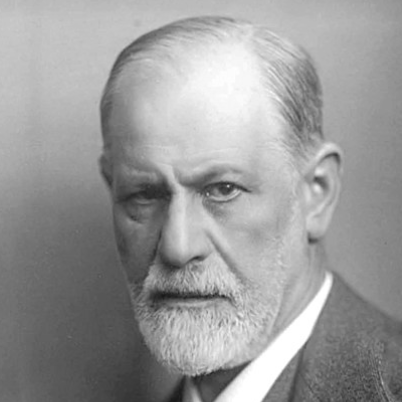
Lena QA
Academy of Certified Social Workers License (ACSW), Board Certified Behavior Analyst (BCBA), Certified Addiction Counselor (CAC), Certified Clinical Social Worker (CSW), Certified Group Psychotherapist (CGP), Certified Social Worker (CSW), Community Resource, Counselor, Diplomate in Clinical Social Work (DCSW), Education Specialist (EdS), Executive Function Coach, Hypnotherapist, Independent Substance Abuse Counselor, Licensed Clinical Mental Health Counselor (LCMHC), Licensed Clinical Professional Counselor (LCPC), Licensed Clinical Social Worker (LCSW), Licensed Marriage and Family Therapist (LMFT), Licensed Master Social Worker (LMSW)
Leavenworth Rd, N 91st St, Kansas City, KS 66109, Соединенные Штаты, Kansas City, Missouri 66109
Lena QA is a Academy of Certified Social Workers License (ACSW) in Kansas City, Missouri. They treat Anger Issues, Alcohol Use, Abuse.
introduction to practice












